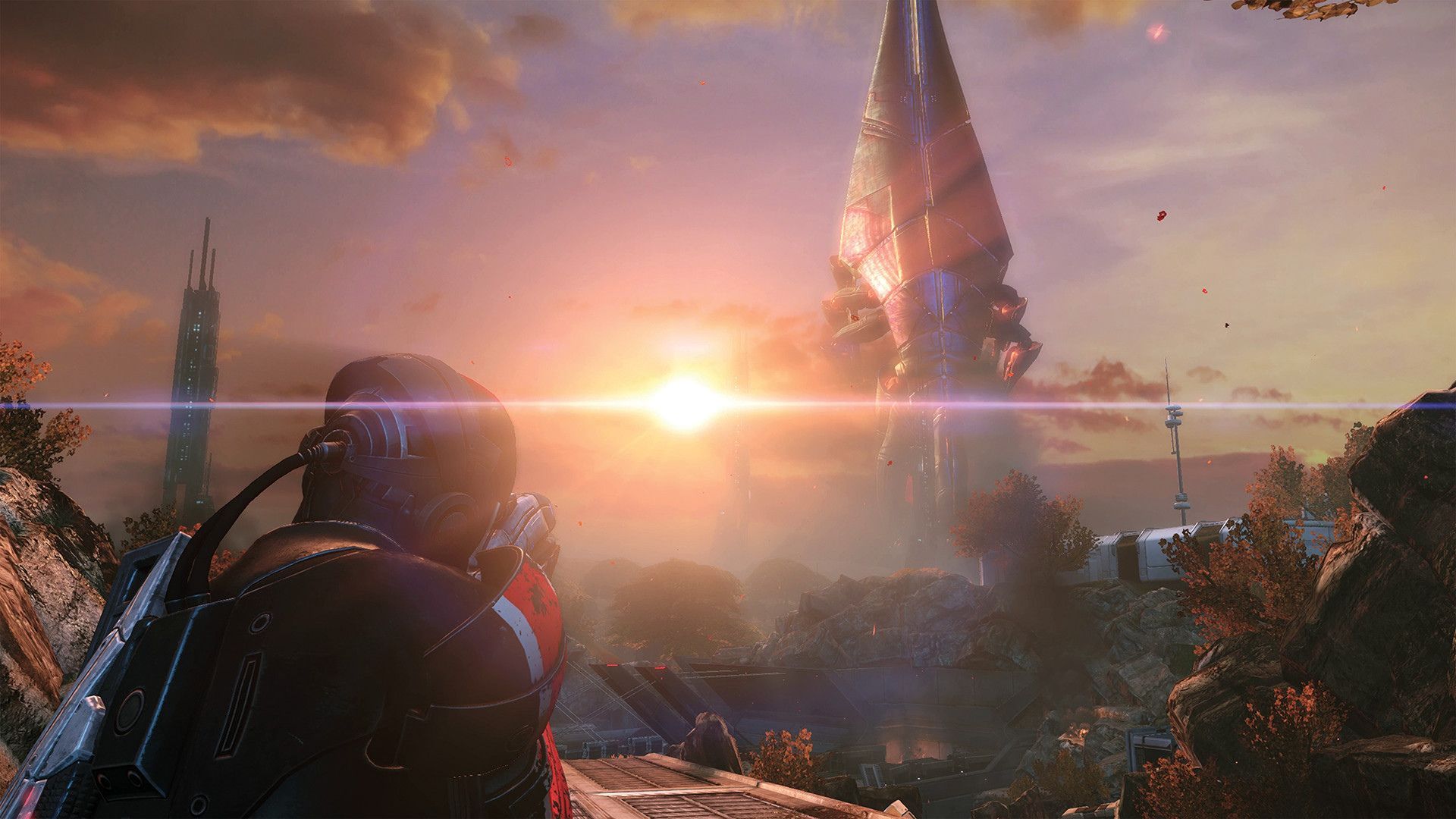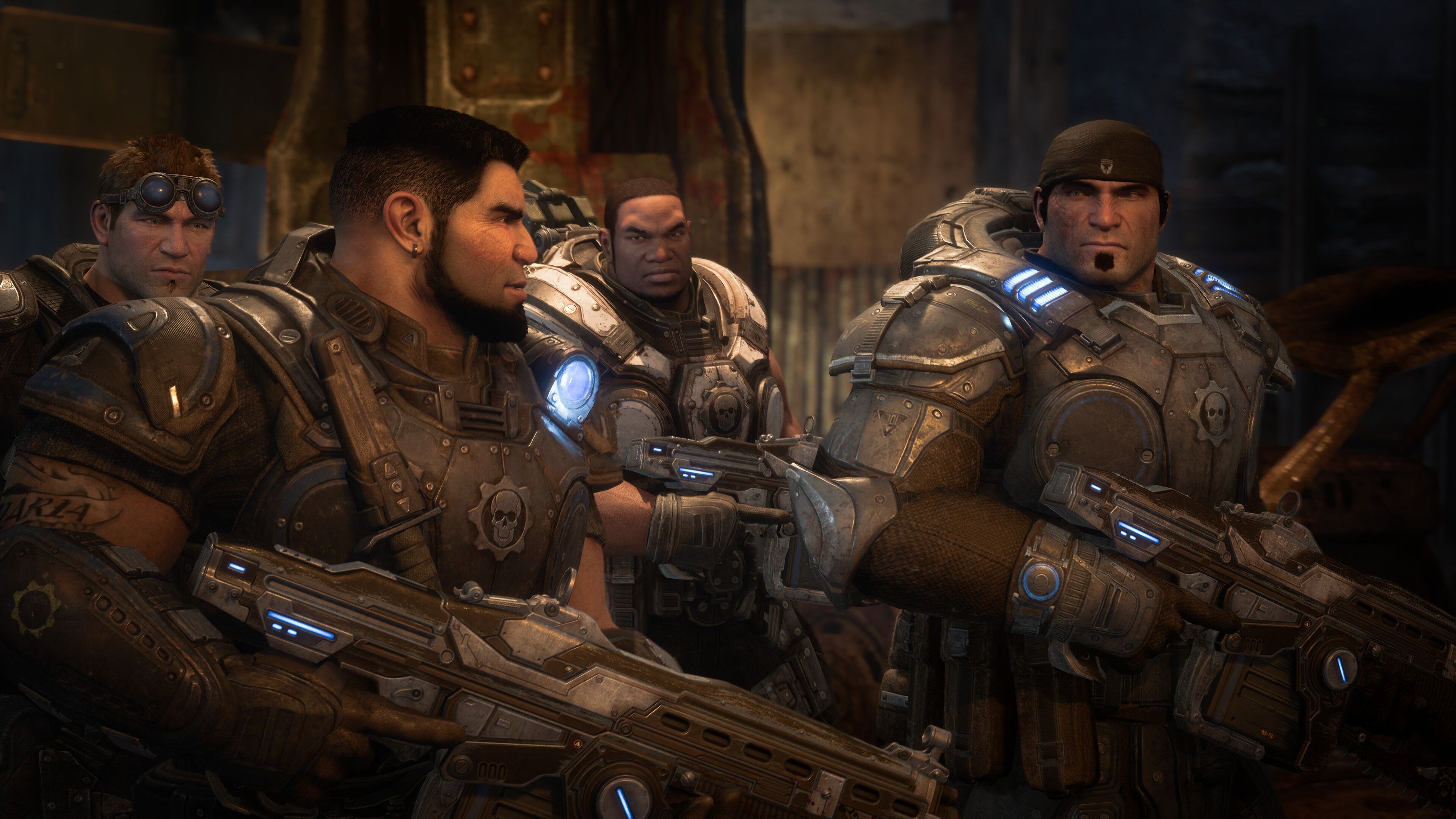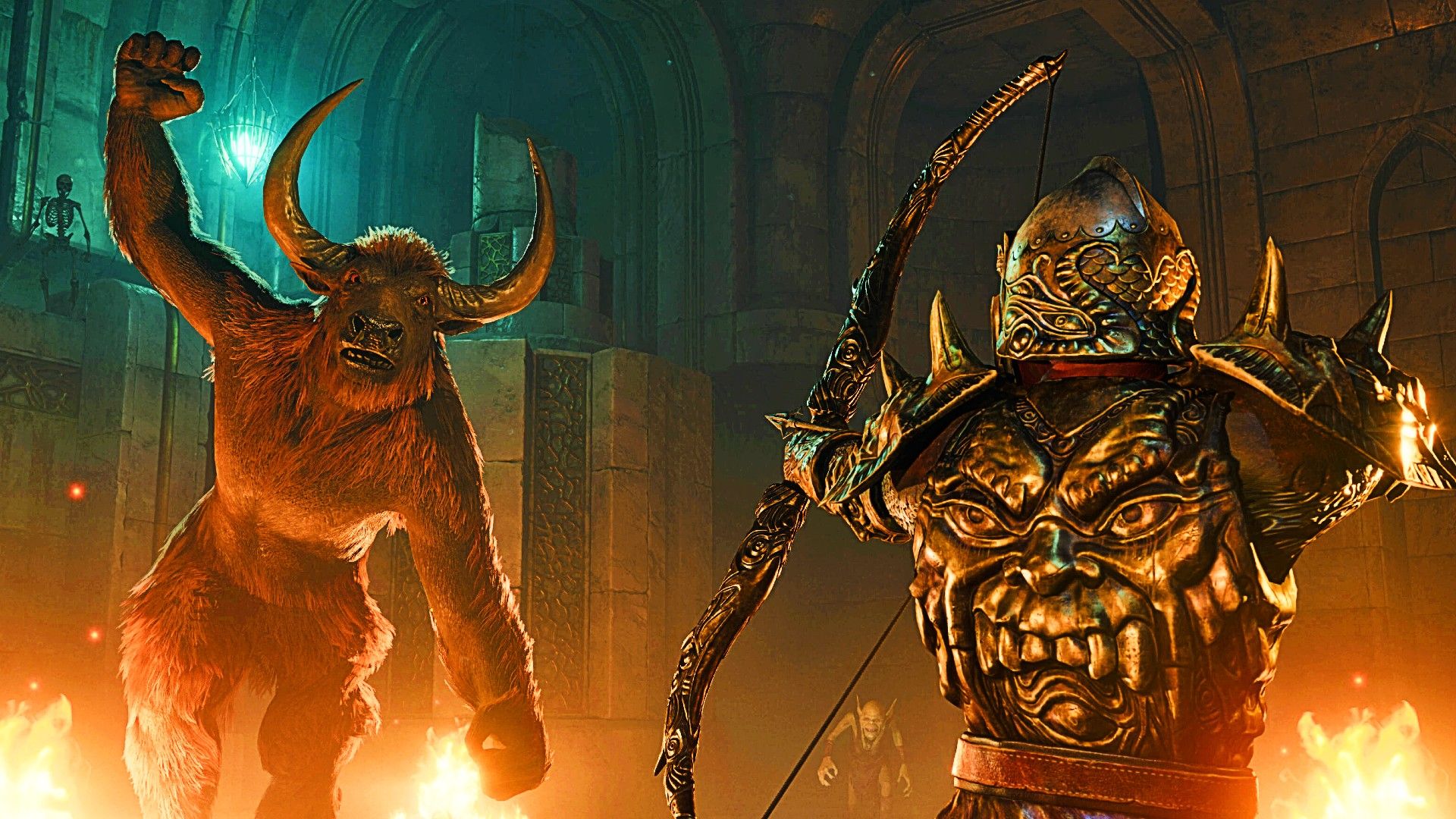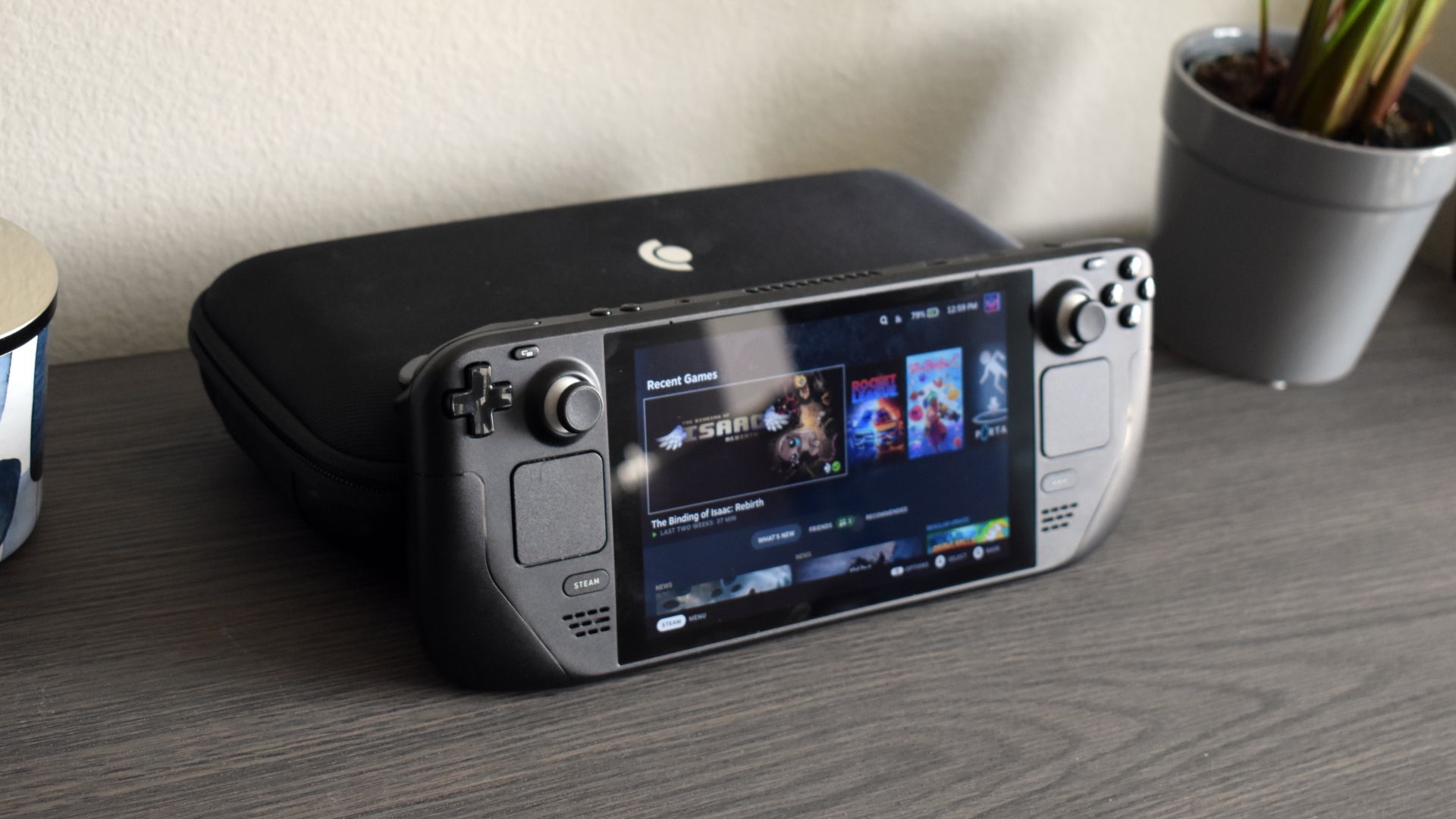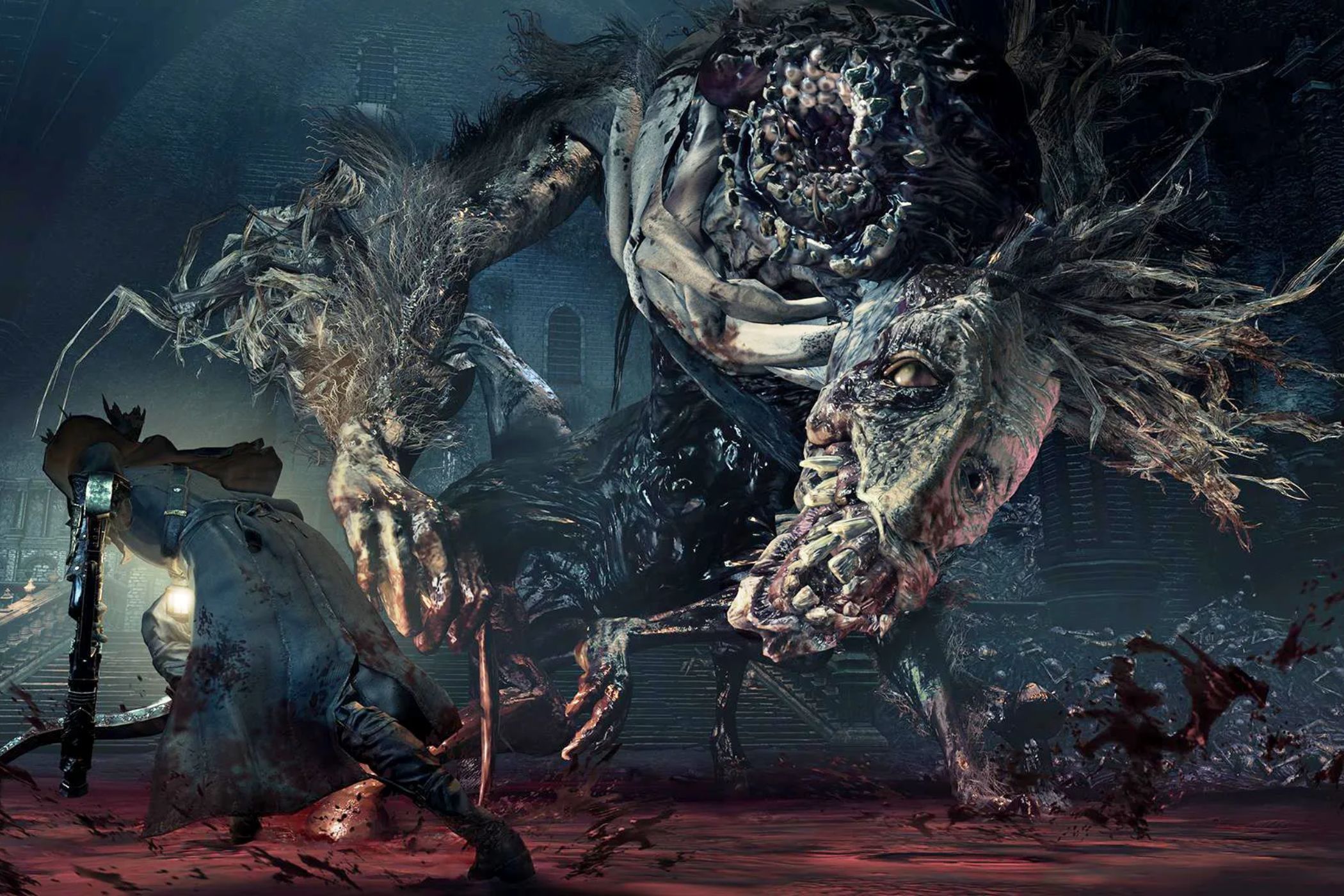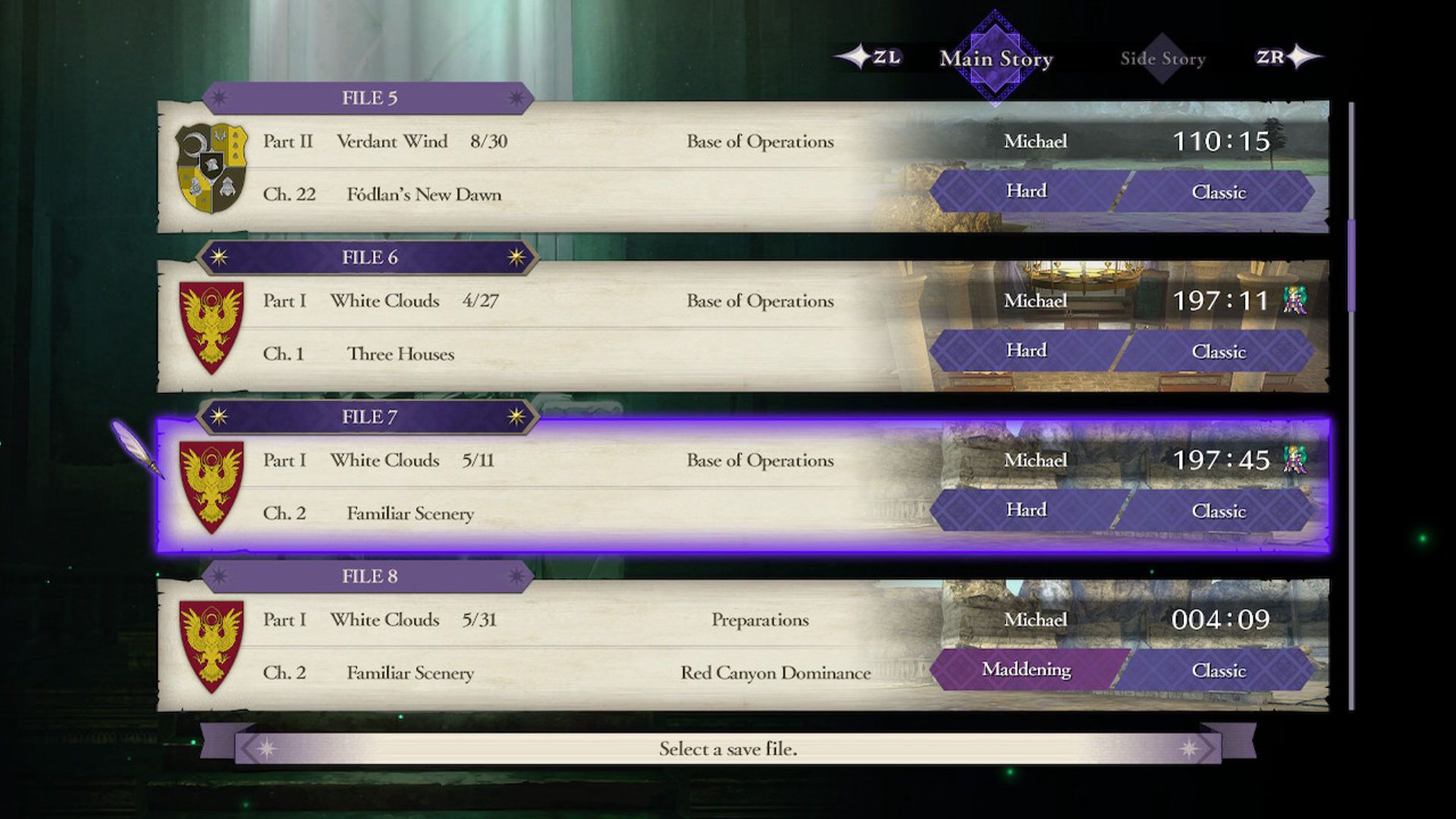
How My Gaming Habits Have Changed Now That I’m Older
My earliest childhood memories are of me sitting on the floor holding a controller in my tiny hands as I look up at the TV playing something on the SNES or Sega Genesis. Gaming has always been a core component of my life and I don’t see that changing anytime soon.
However, something my friends and I have noticed as we’ve gotten older is how different our gaming habits and tendencies have become, and not just because we have less time for it than we used to.
Thinking and Talking About Games More Than Playing Them
When a game I was looking forward to was about to come out, I would center my entire schedule around it. For Mass Effect 3, I took a week off from work, did my college mid-terms several weeks early, and even bought a new TV so that it would look its best. I must have played it for 10 to 12 hours every single day until I beat it, and that is far from an isolated incident.
Though I often strive to do the same today, it seldom happens. Funnily enough, I seem to fantasize about playing a certain game or discussing it far more than actually indulging. I’ll spend entire days being excited to play a new game when I’m done working, but frequently end up too tired to do so. A full day of work, exercise, meal-prepping, and other household obligations can really take its toll on you, and my comfortable bed makes a compelling argument for relaxing there instead.
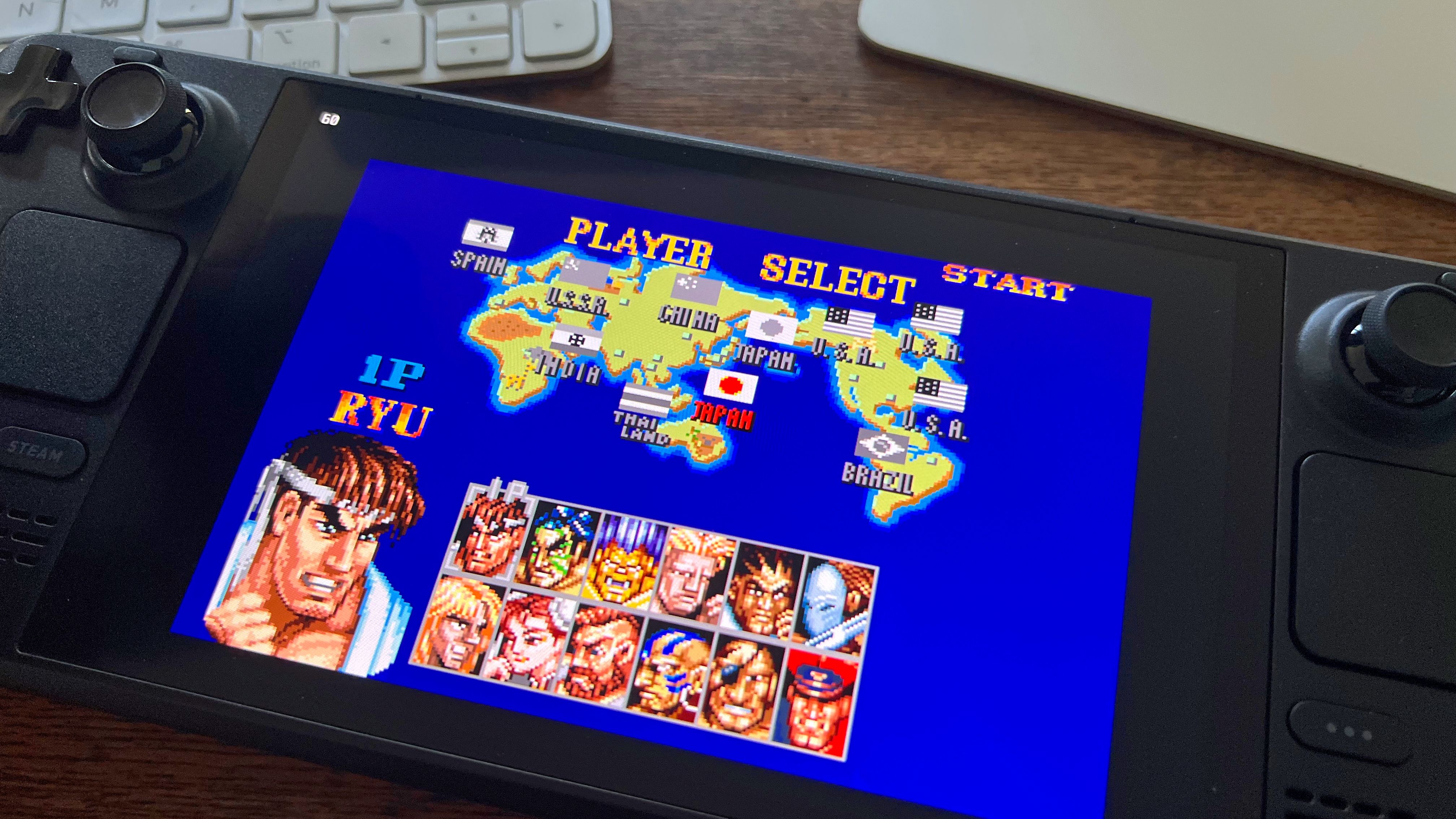
Related
How to Play More Video Games When You Have No Time
Everyone wants to play games, but nobody has the time.
Playing Multiplayer Games Less Frequently
I’m sure many of us remember the early days of Xbox Live and binging on multiplayer games with friends. I can’t give an exact number, but I know I spent literally thousands of hours playing Halo 3, Gears of War 2, and Street Fighter IV. It got to a point where if I wasn’t on my Xbox 360 for more than a few days, some of my friends would reach out to make sure I was okay.
Now, the majority of us have families and many of my friends don’t have the time or desire to play like we used to. It doesn’t help that online games don’t let you pause on a dime if needed. Our homes aren’t empty anymore, and I often hesitate to even boot up online games because I fear I’ll get called away for something. The handful of multiplayer games I enjoy are also team-based, meaning my leaving is a loss for an entire team, not just myself, and I’d prefer not to inconvenience others like that.
I still enjoy playing online games, particularly Marvel Rivals, but it’s difficult now for all of our schedules to align to have the big play sessions we used to.
Not Playing On the Hardest Difficulty
Anytime I started a game as a kid, I’d scoff when it asked me to choose a difficulty since the hardest was the only real option. It ensured I had bragging rights when discussing it with others while sating my own ego, and really, what more could you ask for. It didn’t matter if I was stuck on a certain part for hours on end, the chance of me ever lowering it was zero.
I still default to the highest difficulty more times than not, but I no longer have problems with lowering it. With so many real-life obligations, if a boss or stage halts my progress for too long, it becomes frustrating, and I feel like I’m wasting my time. I realize this may sound like an excuse, but the hardest difficulty often boils down to it being tedious, not truly difficult. In RPGs and action games, the AI’s behavior rarely changes, and they simply get higher stats, which isn’t challenging to me.
A great example is The Elder Scrolls IV: Oblivion Remastered, where, on the higher difficulties, the enemies effectively become bullet sponges. Once I learn an enemy’s attacks and patterns, it really makes no difference if I kill it with five swings of my sword or 20. I don’t want everything to die instantly, of course, but I don’t want fights with even the basic enemies to be a drawn-out slog.
Preferring to Play On Portable Systems
Graphical fidelity and performance are incredibly important to me when playing games. For the longest time, if a game’s framerate wasn’t at least 60 fps, it wouldn’t be easy to convince me to play it. Don’t get me wrong, I love portable consoles. The 3DS and PSP in particular have stellar game libraries, but you know going in how they look and play, and that they don’t come close to something on console or PC.
These days, I find myself playing on my Nintendo Switch and Steam Deck just as frequently as my PC. The visuals and performance obviously aren’t comparable, but the convenience of not needing a TV or being confined to my desk is hard to ignore. Technological advancements have helped too, and the ability to play full-blown PC games on the go is a boon I don’t think I can ever give up now.
Not Replaying Games as Frequently
One of my favorite aspects of RPGs is how different each playthrough can be. I could be a paragon of virtue, pure evil made flesh, or somewhere in the middle. Between the narrative decisions you can make, using different party members, and trying out new character builds, some games beg to be replayed at least once.
Though I still occasionally replay my favorite games, it’s far less frequently than I did when I was younger. When you have all the time in the world, discovering everything a game has to offer is both satisfying and exciting. However, YouTube and livestreams exist, and I often default to them doing the work for me. It’s hard to beat finding everything you were curious about in a nicely edited format, while only taking up a fraction of your time.
Replaying games as a child was also a necessity sometimes, since I didn’t always have the means to acquire new games. That’s no longer an issue, and with game sales occurring what feels like every week at this point, it is far more appealing to give them a try. Similarly, I noticed when I stopped trying to 100% games, they became more fun to play.
Fewer Binge Sessions
As a teenager, summer break meant I’d be going to bed when my parents got up in the morning. Entire nights would be spent grinding levels, farming gear, and playing online with friends. Even when I wasn’t pulling all-nighters, if I sat down to play, I’d be there for hours on end.
As sad as it may sound, I mentally check out after about three hours now. Sometimes I wonder if it’s because I feel guilty for not being more “productive,” but I always seem to stop playing after a few hours. Even when the planets align, and I have entire days or afternoons to play, I find that the spirit is willing, but the flesh, or dog, demands that I take breaks.
I know things naturally change with time, and yet I’m still surprised at how I approach gaming now compared to when I was younger. That being said, my gaming habits may be far different now compared to what they were decades ago, but my passion for the hobby will always remain.
Source: How My Gaming Habits Have Changed Now That I’m Older
